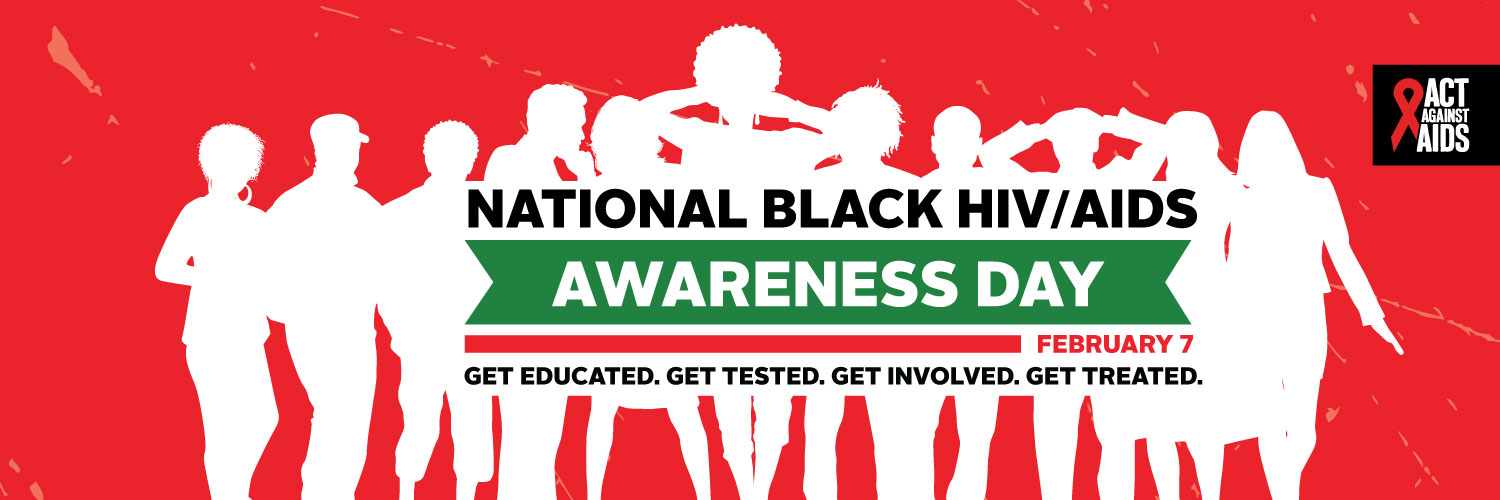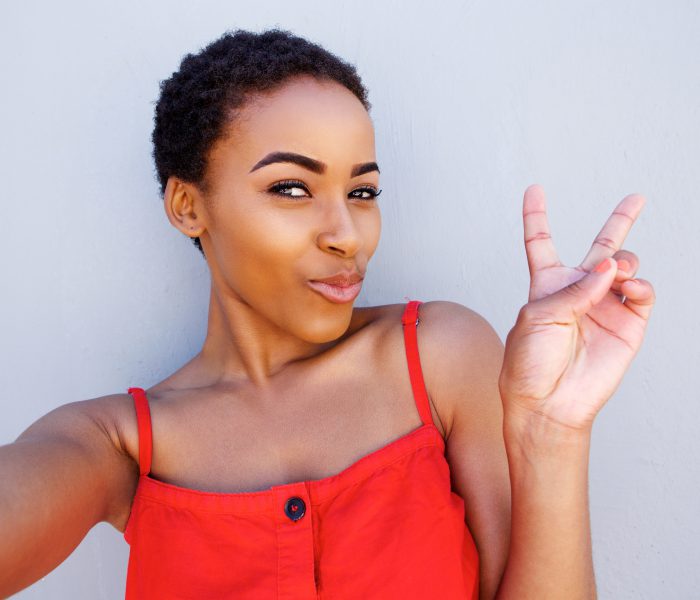

What you can do to reduce your risk for HIV:
- If you are living with HIV, take your medications as prescribed, to stay healthy and greatly reduce the risk of passing HIV to a partner.
- If you are HIV-negative, ask your doctor about pre-exposure prophylaxis (PrEP), a daily pill to prevent HIV.
- Regardless of your status, use a condom every time you have sex. Condoms reduce the risk of getting HIV and other sexually transmitted infections (STI).
- Know your status. Get tested for HIV (and other sexually transmitted infections). Click here to find a clinic near you, or go to your primary care physician for STI screening.
- Click here to see more ways to reduce the risk of getting HIV
Other resources:
- Follow our Instagram
- Follow our Facebook
- https://www.cdc.gov/hiv/library/awareness/nbhaad.html
- https://nationalblackaidsday.org/
- https://www.hiv.gov/events/awareness-days/black
Use these resources for materials to add to your social media platforms don’t forget to tag us @lahealthhub and hashtag #NBHAAD!
National Black HIV/AIDS Awareness Day
Amidst Black History month Louisiana is honoring National Black HIV/AIDS Awareness Day #NBHAAD (February 7th). Black/African Americans disproportionately bear the burden of the HIV/AIDS epidemic in the United States. In 2017, 16,690 Black/African Americans were diagnosed with HIV in the United States. There are many barriers that factor into a person’s risk for contracting HIV and their overall health. These factors include: transpiration, discrimination & stigma, employment, family & social support, and housing. In order to beat the fight in the HIV/AIDS epidemic, we cannot forget about the barriers that contribute to the rates we see.
In Louisiana, similarly to the U.S., Blacks/African Americans bear the burden of the HIV/AIDS epidemic. Only 32% of Louisiana’s population is Black/African American but 69% of new HIV diagnoses in 2017 were among Black/African Americans. That means out of every 10 people who were diagnoses with HIV in 2017 about 7 of those individuals identified as Black/African American. The work to fight HIV is being done, but there is more we can do. We encourage you to start the conversation about sexual health with your friends, significant others, and family members. Find out where your local clinic is, and understand whether positive or negative you can live a long healthy life!


